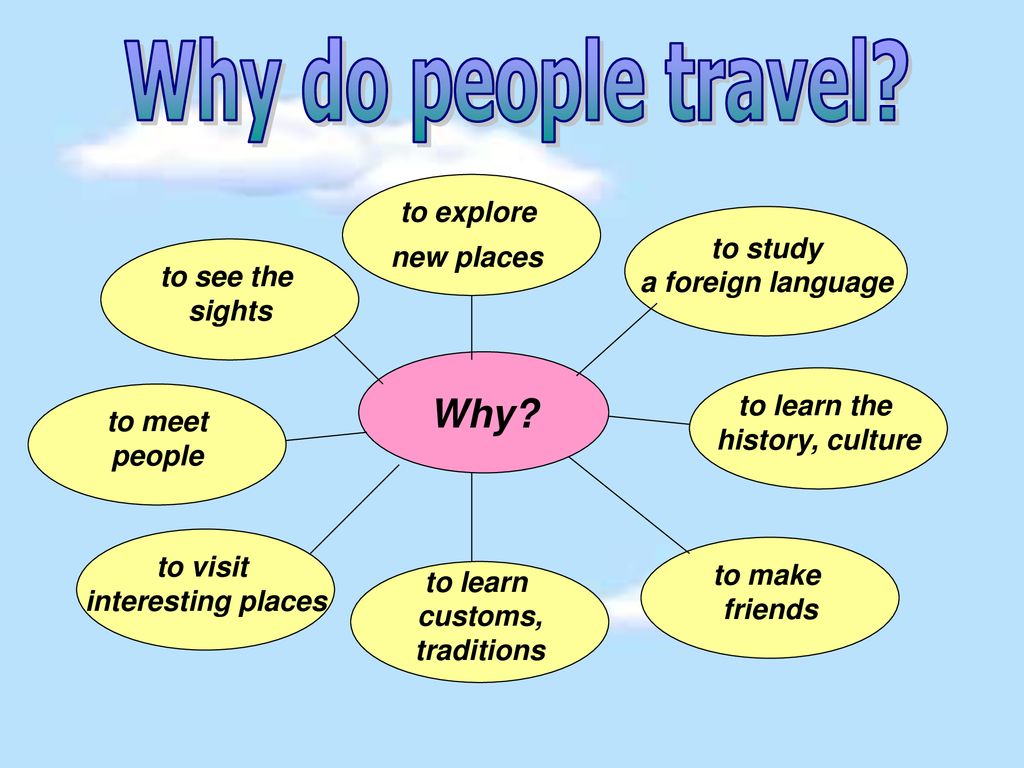Working with someone you don't like
How To Work With Someone You Don't Like
Ever quietly back step away from the elevator when you see a coworker you don’t like waiting for it?
We’ve all done it. You don’t get to pick your family, and you also don’t get to pick your coworkers.
Sometimes we end up with a coworker we wish would find another job - and fast - or would somehow disappear into another dimension.
You can find a million ways to avoid someone, but this doesn’t solve your problem. If you want to evolve and move forward you have to find a way to work with them.
What You Gain By Not Avoiding The Matter
Moments in life that make you want to run for the hills are the very moments when you should stay put and work through the situation. These are your growth moments. If they feel like “groan” moments, that’s your cue that the situation wants something more from you.
These are opportunities to stretch yourself. These are times to flex your adaptability muscle, which can only work in your favor.
The people who are the most adaptable in life, who can figure out how to work with difficult people, are the ones that people want to be around. When people want to be around you, it enhances your influence.
Influence allows your ideas to be accepted, inspires and motivates others and this, in turn, will make you feel good.
But first, ask yourself…
Is It Them ... Or Is It Me?
You’re probably saying, “it’s definitely them.”
The more realistic answer is: it’s both of you. This is the hardest part to accept, but it takes two to tango.
Just because you can’t stand this person doesn’t mean they’re universally intolerable. Take a look at how you might be contributing to the situation.
The first place to start is being aware of the attribution bias. This is our tendency to blame our mistakes or shortcomings on external factors and other people’s mistakes or shortcomings on their actual character.
As an example, let’s say you’re late to work. The attribution bias would have you exonerate your own lateness by claiming there was heavy traffic. But if someone else is late to work though, they’re obviously lazy.
The attribution bias would have you exonerate your own lateness by claiming there was heavy traffic. But if someone else is late to work though, they’re obviously lazy.
When you have a nemesis at work, your brain will play the attribution bias trick on you. This is the time to remember that it’s not necessarily their character, it might be something about their environment.
Watch out for the downward spiral effect: continually looking for evidence to confirm your dislike for them. You will find it, but this increases workplace toxicity.
You can't change other people, but you can change your reaction to other people.
You might have heard the expression, “you don’t learn patience until your patience is tested.” Similarly, you don’t learn tolerance and acceptance until your tolerance and ability to accept are tested.
Every situation is a mirror of your own emotional state. If you find yourself growing incensed or intolerant by someone’s behavior, then their behavior is showing you - like a mirror - that you have anger and intolerance inside.
This is an important point. It’s much easier to say, “You’re doing this to me!” It’s much more difficult to self-reflect and think, “Why am I reacting this way?”
What Annoys You About Them Might Hit Close To Home
We tend to judge ourselves first in life, and then make outward judgments about the world based on our own self-judgments.
Thus, it’s very possible whatever bothers you about your coworker is something in yourself you don’t like.
If you find someone intolerable, pinpoint the specific traits about the person that rubs you the wrong way. See if there’s a speck (or more) of those traits within yourself that you may have repressed.
It could also be that they remind you of someone else you don’t like and you’re transferring your feelings.
If You Both Don't Like Each Other…
If you have to work with this person, be upfront about it.
Use it as an opportunity for your own leadership development. Be honest with yourself and your colleague.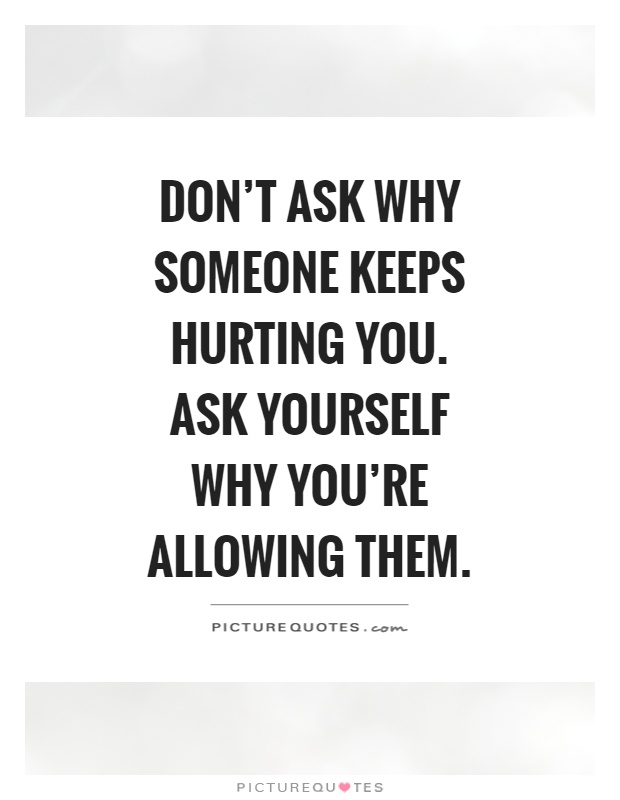 It might be a good idea to have a conversation.
It might be a good idea to have a conversation.
You might want to try saying, “We’re not getting along that great, what can we do? Let’s try to brainstorm what’s getting in our way.”
See if you can find a pattern. Are there particular topics or problems that trigger you both? Is there a particular area when tempers, impatience, and intolerance are activated?
See if they’ll meet you halfway. It’s not about them or you, it’s about how you can fix this together.
If the other person is not willing to talk it through or compromise, that’s on them. You can sleep easier knowing you made an effort. If they’re not open to it, don’t push.
This Is An Empathy Opportunity
There’s potential value in every interaction. Considering another’s point of view - and with it, their motivation - is an opportunity to practice empathy.
Even your strongest relationships take work. Best friends annoy each other. Spouses get on each other’s nerves. It’s part of life. The difference with these relationships is you typically give the other person the benefit of the doubt.
The difference with these relationships is you typically give the other person the benefit of the doubt.
Ask yourself, “What can I take from this experience that’s going to help me grow next time?” It might sound corny, but it forces you to look for the positive in what appears to be a negative situation.
This reframe lightens the mental load and turns any “negative” situation into a cool challenge.
There is a strong tendency to avoid what we dislike. Just like any challenge, however, if you look at it as an opportunity to grow, you’ll breathe easier.
7 Strategies to Help You Work with Someone You Don't Like
No work environment is perfect. Inevitably, you’ll have to deal with a co-worker, boss, or subordinate who you just don’t like. Sometimes, it can be as simple as having different personalities that don’t mesh well, while other times it’s someone who you just can’t stand for one reason or another.
Dealing with difficult working relationships is part of life.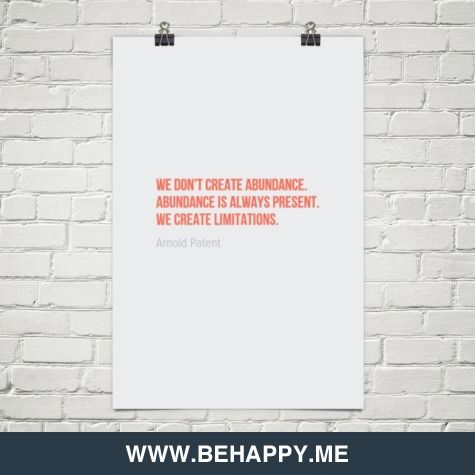 You can’t get away from them no matter how many companies you work for or positions you take. There will always be a colleague who you dread coming into contact with.
You can’t get away from them no matter how many companies you work for or positions you take. There will always be a colleague who you dread coming into contact with.
And while ignoring or avoiding the person might seem like the easiest route, that path isn’t always an option. Occasionally, you’ll find yourself in a situation where you have to find your way past your differences and work together.
To help you not just survive but thrive, below are seven strategies to work with someone you don’t like.
1. Get to Know Them
We’re all human. None of us are perfect and we’re not made to get along with everyone. The reality is that we’re all made to like people who are more like us, but being around someone who is different than you doesn’t have to keep you from building a working relationship.
Force yourself out of your comfort zone and get to know the person you despise. If you’re going to have to work with someone you don’t like, you might as well make the situation better by trying to bring down barriers. Look for similarities between you—things you both like or dislike. You might be surprised how much more likable the person is than you originally thought.
Look for similarities between you—things you both like or dislike. You might be surprised how much more likable the person is than you originally thought.
2. Don’t Take Their Behavior Personally
If the reason you dislike the person is because of how they behave, the situation can be more complicated. It’s difficult to work with someone who is always rude, causes suffering, or enjoys attacking you. The key is to not take their behavior personally.
Typically, the way people behave isn’t a direct attack on you; instead, it’s a response to someone or something in their own life. As Miguel Ruiz writes in The Four Agreements, their behavior could stem from “childhood issues, poor role models in the workplace, or a lack of self-confidence.”
It’s often more about the other person than it is about you. So, try and let their behavior roll off your shoulders like so much water.
Also read: How to Deal with an Unapproachable Boss
3.
 Set Solid Boundaries
Set Solid BoundariesJust because you have to work within someone you don’t like doesn’t mean you have to let them walk all over you. You can set boundaries for behavior and interaction that help you distance yourself. The key is to be very clear and communicative about the boundaries you set.
For example, if your colleague constantly calls you with rush requests or sends berating emails, sit down and confront them about what they’re doing. Don’t just let your anger build up. Instead of reacting in a temper, be clear that you won’t respond to those types of communications and that if they want to contact you professionally, only then will you take their call or email.
Check out, A Simple Formula to Set Boundaries.
4. Try Little Things to Get Along
You don’t have to make grand gestures to build a working relationship. Little gifts, actions, and sayings can change how well you get along. For example, something as simple as saying, “Good morning” to the person can start you off in a more positive direction.
Remember, the goal is to make it easier to work with someone you don’t like. So, don’t worry so much about changing the other person. That’s impossible. Worry about changing what you do. Smile at them. Give them a nod in a meeting. Offer to grab a cup of coffee or go out to lunch. Small gestures can help the person respond completely differently.
5. Control the Situation
Not everything is worth your time or attention. When a noxious person throws a tantrum or behaves like a toddler, you don’t have to give them your energy. You can pick your battles and control the argument by taking charge of the situation.
Instead of letting the person go off on a tirade, take a few breaths, and avoid responding in a gut reaction. Then, start asking questions to gain specific facts. You want to get to the heart of their message and find out what you can do to mitigate the situation.
6. Take Breaks from Working with Them
According to research, the more people like you, the more productive, profitable, and easier your life will be. So, grinning and bearing the situation isn’t always your best bet. Instead, you need to learn to give yourself space.
So, grinning and bearing the situation isn’t always your best bet. Instead, you need to learn to give yourself space.
Set limits on how much time and energy your willing to give to work with someone you don’t like. Then, once you reach your limit, disconnect from them emotionally and physically. If they work in the cubical next to you, walk away for a little bit or put on headphones and tell them you’re going to be “in the zone” for a bit. The goal is to give yourself a chance to breathe deep and calm your mind.
7. Neutralize Your Body Language
Our words are only a quarter of the conversation we have with others. Body language can demonstrate power, raise testosterone, indicate you’re lying, or give clear signals that you don’t like someone. If you want to have a better working relationship with someone you don’t like, you have to learn to neutralize your body language.
Pay attention to how you interact with the person. Force yourself to smile even when all you want to do is scowl.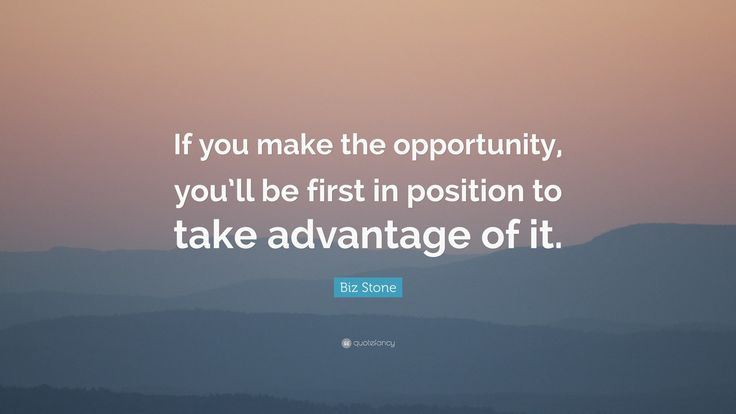 Maintain eye contact and avoid typical defensive (hunched shoulders) or aggressive (leaning forward) posturing. You want the other person to feel comfortable and not threatened.
Maintain eye contact and avoid typical defensive (hunched shoulders) or aggressive (leaning forward) posturing. You want the other person to feel comfortable and not threatened.
We all have to work with someone we don’t like at one point or another. But if you learn to take specific steps to develop a working relationship even with those people you can’t stand, you’ll find much more success and support in your workplace.
Looking for More Help with Colleges?
Check out Our Effective Communicatio-focused Articles
11 tips from successful people
Among those with whom you have to interact at work, there are people “on the same wavelength” with you, those with whom you have some disagreements, and, finally, those whom you just don’t like transfer. So how do you find a common language with difficult, unpleasant, or simply repulsive partners?
Author: Deep Petl
Translation: Christina Melyuk, B2B-Center
First, it is worth remembering that you are not perfect either. And that the same unpleasant emotions that you experience in relation to someone, you yourself cause in someone. In the end, we are all human. And everyone has their flaws. nine0003
And that the same unpleasant emotions that you experience in relation to someone, you yourself cause in someone. In the end, we are all human. And everyone has their flaws. nine0003
In most cases, you can simply avoid people you don't like. But it may turn out that you have to work with someone you don't like. Yes, it may sound complicated, but you can actually work with (almost) anyone with a few simple setups. Using the tips below, you will realize that even communicating with a "difficult" person can bring you useful insights. This interaction can help you see many situations from a completely different perspective. nine0003
Successful people understand that by limiting the circle of people with whom they are ready to work, they limit their own opportunities.
So, here are 11 strategies that will help you deal with even the most difficult people.
We can't like everyone - accept it
The truth is that we won't like everyone we meet in life. First of all, you need to accept the fact that it is completely normal not to find a common language with some people. nine0003
Just because you don't like someone doesn't mean you're a bad person, just as it doesn't mean that the person is really terrible (probably isn't). We must be able to find a common language and work with each other. Simply admitting that you disagree with someone is enough. Don't try to judge who is right - this way the communication will be free from the strong emotions that often accompany difficult relationships.
Mindfulness is the antidote for toxic people
Having to communicate with those who get on your nerves can negatively affect your emotions. A toxic person can piss you off, but only if you let them. Remember: only you have power over your emotional state. Don't let negative or toxic people influence your state of mind.
This does not mean that you should ignore such a person or pay no attention to how this communication makes you feel. Track how the emotions of irritation and anxiety rise and intensify. Allow yourself to feel those emotions, and then just let them dissipate. And remember, sometimes all you have to do is smile and nod, and you don't have to get emotionally involved in the situation. nine0003
Tact instead of intemperance
Prefer tact over intemperance. Learn to develop a diplomatic "poker face" - this is the key to learning to treat all people in a civilized and polite manner. This does not mean that you have to agree on everything with someone you don't like. You just need to maintain external decorum by interacting with them.
Be gentle with the person, but firm with the question. Focus on what needs to be corrected, and not on "attacking" someone personally. If you learn to practice this consistently, you will always be perceived as a professional and positive person, and this will give you an advantage in all situations. nine0003
Don't take it personally
Often people act in certain ways not because you are like that, but because they are like that. Their behavior may be dictated by their personal circumstances, and it may just be a coincidence that you are under their guns. Try to see the bigger picture so you can avoid misunderstandings.
Their behavior may be dictated by their personal circumstances, and it may just be a coincidence that you are under their guns. Try to see the bigger picture so you can avoid misunderstandings.
Also, when interacting with someone you know might provoke you, it's good to be proactive. Think of different ways to respond decisively and calmly. You should have a clear picture in your head of how you will respond. This will help you avoid the ping pong effect when you overreact and then the other person does the same in response. Remember that in every situation there is both the person you are interacting with and the issue you are discussing. Focus on the question, not the person. nine0003
Be taller
It's easiest to react emotionally to a toxic person, especially if their behavior seems outrageous or discouraging. But if you stoop to his level and argue, you will also gain a reputation as a squabbler.
Don't let your emotions overwhelm you.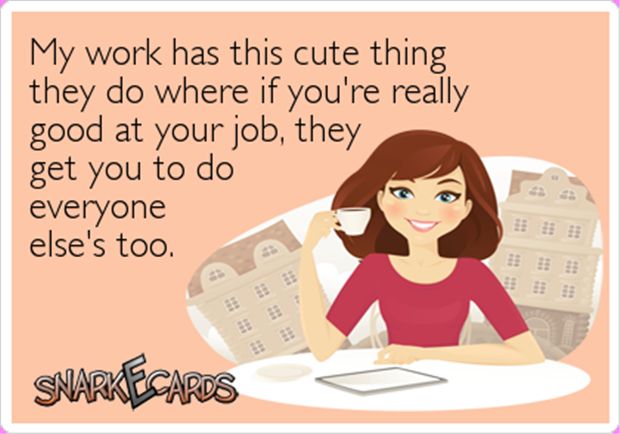 Remember that you don't have to "respond" to chaos. You can make a different choice and rise above it by focusing on facts and rational answers. Identify specific issues, but do it diplomatically. nine0003
Remember that you don't have to "respond" to chaos. You can make a different choice and rise above it by focusing on facts and rational answers. Identify specific issues, but do it diplomatically. nine0003
Express your feelings. Calmly.
If someone's behavior or communication style makes you uncomfortable, it might be time to be honest about how you feel. The most important thing is to do it in a calm, but at the same time, decisive tone. Your goal is to express clearly and non-conflictingly how you feel and what role the other person plays in your current state. So that your speech does not sound like an accusation, try to formulate replicas from the “I” position. You can use this formula: “When you _____, I feel _____. Could you _______." nine0003
Be as specific as possible, explaining exactly what makes you uncomfortable and what the other person can do to improve the situation. And once you've spoken, be prepared to listen to the other side.
Choose your "battles"
Not everything in this world deserves your time and attention. Sometimes interacting with an unpleasant person is like trying to negotiate with a crying baby: it's just not worth your energy. Ask yourself, do you really want to get involved in an argument that you can avoid? Is the game worth the candle? Or maybe you will lose more than you gain? nine0003
Sometimes interacting with an unpleasant person is like trying to negotiate with a crying baby: it's just not worth your energy. Ask yourself, do you really want to get involved in an argument that you can avoid? Is the game worth the candle? Or maybe you will lose more than you gain? nine0003
Maybe your contradiction is situational and may dissipate by itself over time. In addition, a "difficult" person may actually be useful to us in other ways. So sometimes it's in your best interest to put up with the peculiarities of his character and behavior (if in general he helps you more than causes trouble).
Boundaries are OK
Wouldn't it be great if you could somehow fence yourself off from an annoying colleague? Unfortunately, it is not possible to build a brick wall or fence between you, but you can still set boundaries and decide when and how you will interact, and how much time you will allocate for this. Provide yourself with a free space into which an unpleasant person for you cannot invade without your desire. nine0003
nine0003
Learn to disconnect emotionally and physically separate from situations that are likely to end in negative interactions. If you find yourself moving into an emotionally charged situation, take a deep breath and calm your mind before getting involved.
Involve like-minded people
Do not rush to get into a "fight" - first enlist support. Trying to deal with a difficult interlocutor alone is likely to cause fire on yourself, because it is difficult to act soberly when you are attacked. nine0003
Find like-minded people you can trust. They can act as an objective side in a controversial situation and help find a way to interact with a difficult person. And sometimes all we need is to speak up and feel that we have been heard. When we feel that we are recognized as important, we can move on. Knowing that your teammates are behind you will help you deal with just about anything.
Know how to disarm the impudent
If someone is constantly goading you and focusing on your shortcomings, you can even out the balance of power by putting pressure back on the "enemy". Don't try to defend yourself when someone is partial to you or behaves aggressively - this will only give the opponent more power in your situation. Instead, make an unexpected move and shift the focus to it - start asking clear guiding questions.
Don't try to defend yourself when someone is partial to you or behaves aggressively - this will only give the opponent more power in your situation. Instead, make an unexpected move and shift the focus to it - start asking clear guiding questions.
If someone tries to cross out or devalue your work, ask them for specific comments. If someone is being disrespectful or defiant, make it clear that you expect to be treated civilly (of course, you should treat that person the same way, of course). nine0003
Your happiness is in your hands
Toxic people should not affect your satisfaction with yourself. Don't let snide comments or anxiety overwhelm you, don't let someone else's opinion cloud your day. Stop waiting for others to recognize your achievements and merits. Instead, focus on the inner sensations by directing your attention inward.
Take time to reflect. Perhaps what you don't like about the other person is actually what you yourself struggle with inside. Understanding the nature of your dissatisfaction or anxiety, you weaken their power over you. Remember - in the end, only you have control over yourself and your morale. Stop comparing yourself to others and always keep in mind the idea that your self-esteem must be formed from within. nine0003
Understanding the nature of your dissatisfaction or anxiety, you weaken their power over you. Remember - in the end, only you have control over yourself and your morale. Stop comparing yourself to others and always keep in mind the idea that your self-esteem must be formed from within. nine0003
How to collaborate with people you don't like - Career on vc.ru
Digital Skynet
2274 views
A few months ago, a former client - let's call her Katya - called me to share the news. She recently joined a prestigious financial corporation, and I supported her through the transition from one company to another, so I was in the know. Considering how consciously and responsibly she approached this, I expected that our conversation would be about her first victories. nine0003
Instead, Katya admitted that she had a seemingly simple but serious problem: she didn't get along very well with one of her level leaders - let's call her Marta. Relations somehow did not work out from the very beginning and over time it only got worse. Katya was worried that not being able to get along with Marta could hinder her success in her new job and undermine the career at the company she dreamed of.
Katya was worried that not being able to get along with Marta could hinder her success in her new job and undermine the career at the company she dreamed of.
When Katya and I discussed the situation, she emphasized that Marta is a talented, experienced and respected leader, she cannot be called toxic and difficult. But they had different management styles and perspectives on problem solving. nine0003
We have worked through the situation. Katya realized that working with Marta was important to getting results. Evaluating the relationship more honestly, Katya admitted that she was unable to establish contact with Marta, because she herself tried to avoid her because of the difference in views and approaches to work.
Katya has developed several strategies to improve relationships. None of them are unique and hard to stick to, but these are ideas you can use when you have to work with someone you don't like. nine0003
Think about the cause of the tension and how you respond to it
The first step is to recognize the problem. Think about what exactly annoys you in communication, why you react this way. Don't forget that it's impossible to get along with everyone, but there is potential value in every interaction with others. You can and should learn from almost everyone you meet, and the responsibility for this lies with you, even if the relationship is not easy.
Think about what exactly annoys you in communication, why you react this way. Don't forget that it's impossible to get along with everyone, but there is potential value in every interaction with others. You can and should learn from almost everyone you meet, and the responsibility for this lies with you, even if the relationship is not easy.
Be honest about whether you are causing tension. Perhaps it is your reaction to the situation that is at the root of the problem. Katya had to admit that Martha's "dislike" may have been provoked by her. nine0003
Make an effort to understand the other person's point of view
Few people get out of bed in the morning with the intention of making your life miserable. Take time to consider the other person's point of view, especially if they are important to your success. Ask yourself: why is this person behaving this way? What motivates him? How do my colleagues perceive me? How can I help them?
Katya began to think differently about Marta when she understood her goals and motives. They didn't really contradict each other that much. nine0003
They didn't really contradict each other that much. nine0003
Solve problems, don't criticize and compete
To work better together, it is important to move from a competitive position to a collaborative problem solving. Instead of trying to "beat" or avoid the other person, speak directly. Katya invited Marta to dinner and confessed to her: “I feel that we are not working together as effectively as we could. What do you think? Do you have any ideas how we can work together?”.
Show your interest in cooperation. Usually people go forward, and if you fail, at least you tried and you can continue to hate this person without a twinge of conscience :)
Ask more questions
In tense situations, many try to impose their point of view. We can be overly assertive, which only makes things worse. Instead, try asking questions - ideally open-ended ones meant to start a conversation. Ask the right questions and have the patience to really listen to the other person. After all, you probably want to argue.
After all, you probably want to argue.
Learn more about your interpersonal style
It's easy to justify conflicts with the phrase "didn't get along," but everyone has different styles of communication and interaction with people, and often knowing these differences can help.
During lunch, Marta and Katya discovered that they both graduated from the same university. Katya is an introvert, she prefers to solve problems independently and calmly. Marta, on the contrary, is an extrovert, easily switching from task to task, focusing on the big picture and solving problems by discussing them with others. Given these differences in style and preferences, Katya and Marta found interacting with each other uncomfortable. But once they realized their differences, they realized that their styles could be complementary. nine0003
Feel free to ask for help
Asking for help shows that you value the other person's knowledge and experience. At dinner, Katya plucked up her courage and said to Martha: “You have been working here longer than me. I'm starting to figure it out little by little, but I need your help." She then asked a few questions: “What should I pay attention to? What did you miss when you first started working? Who can I contact for help if something is unclear?
I'm starting to figure it out little by little, but I need your help." She then asked a few questions: “What should I pay attention to? What did you miss when you first started working? Who can I contact for help if something is unclear?
Katya and Martha's relationship has improved. During our last conversation, Katya told me that she and Marta began to contact more: in person, through instant messengers, a corporate channel in Slack. They now convene teams every quarter to evaluate progress and look for process improvement opportunities. Although Marta and Katya did not become best friends and do not spend time together outside the office, working together began to bring great results. nine0003
Katya's success is that she decided to be the first to make contact. Katya recognized the problem and was able to adapt her behavior.
If there is a person in your team that you don't like, take the initiative and talk to him. Everyone wins this way: you, your colleagues and the company as a whole.








